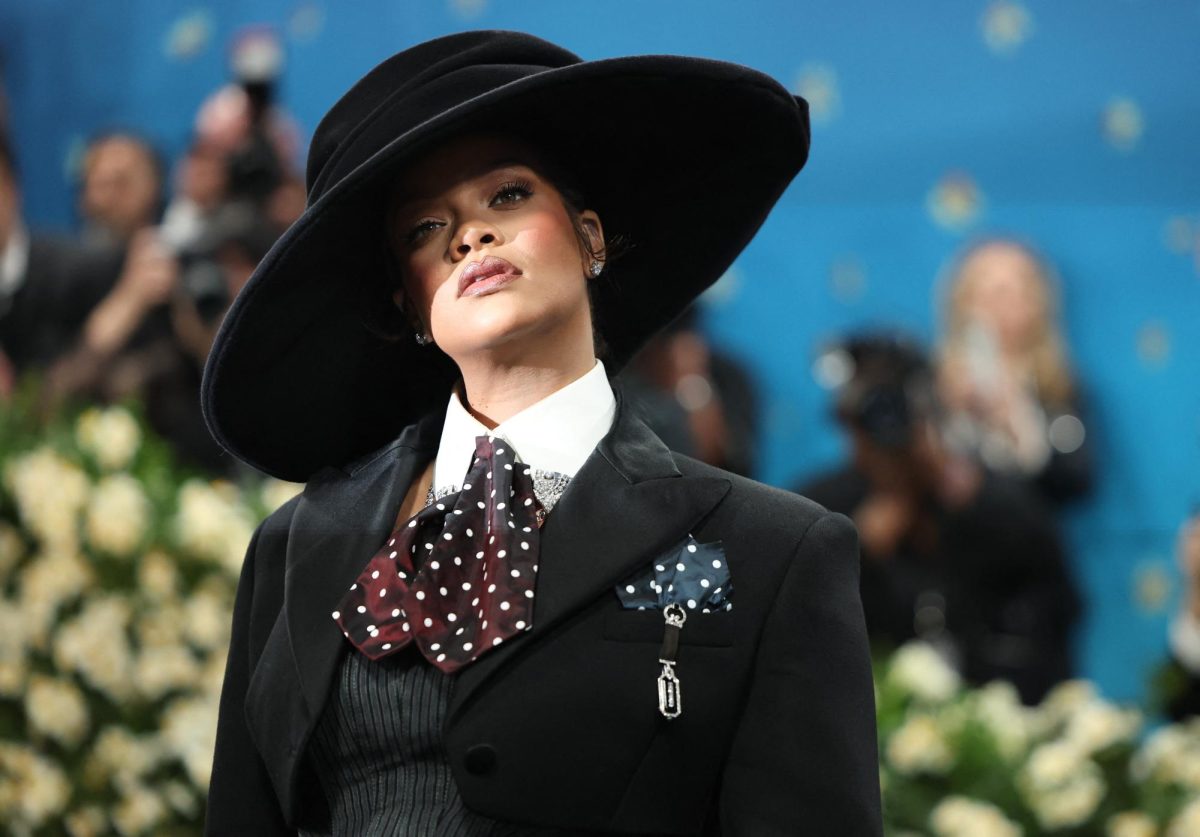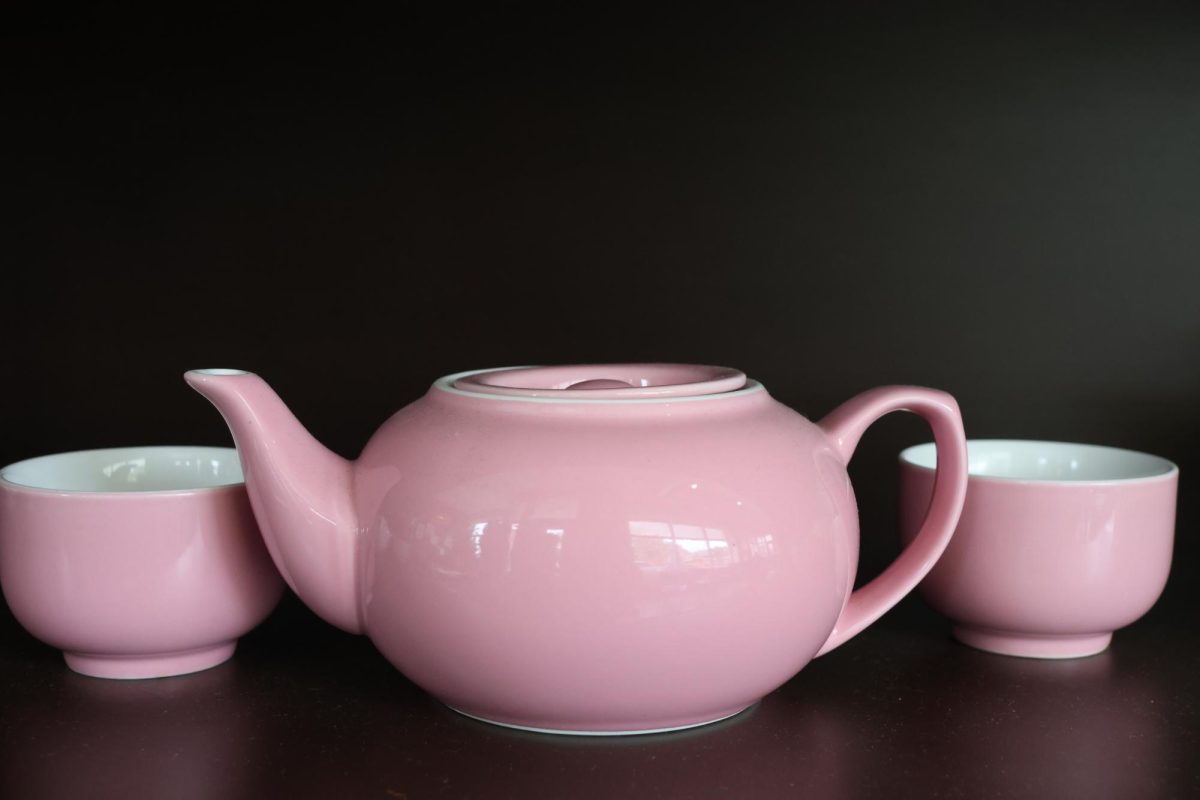In 1959, the world had an idea. Adorned in a striped swimsuit, the first Barbie doll was marketed as a new generation for toys and women alike. Her versatility separated her from the rows of baby dolls because, unlike them, Barbie didn’t represent a destiny. Rather than only being a mother, Barbie could do whatever she wanted. Barbie was a pop-star, a teacher, a doctor, an astronaut. All while reaching an untouchable stan- dard of beauty.
Barbie could be unstoppable in a world where women were encour- aged to be anything but.
On July 21, 2023, cinemas began showing the summer’s blockbuster: “Barbie.” The film, starring Margot Robbie, ushered in an era of pink and girlhood.
Though characterized by bright- ness and a tremendous soundtrack, the film was not a trivial pursuit. Ex- pectations were shattered and tears were shed. Early on, Ryan Gosling, who played Ken, warned viewers to heighten their expectations. “It’s not what you think it is,” Gosling said. Nevertheless, you had to see it to believe it.
“I’ve never really seen Barbie in the way that they portrayed her on screen,” Rosie Matish said. Matish wasn’t alone in this perception; many other viewers, gender aside, were convinced the nature and sub- ject of the movie would be insignif- icant. In a world defined by labels,
viewers leapt to trivialism.
The overwhelming pink, the doll
main character — all aspects of a con- cept more advanced than one movie. Conscious or not, these assumptions stem from the patriarchy: the same force the movie desires to untangle. These initial reactions display the re- ality of womanhood that the movie seeks to portray; it reflects how soci- ety dismisses women before they are given a chance to prove themselves.
“I think it touched on a lot of top- ics that aren’t really talked about,” Mallory Towers said.
The story centers around Bar- bieland: a Dreamhouse infested par- adise where Barbies and Kens live in peace, harmony and total feminism — until Stereotypical Barbie discov- ers depression, dread and cellulite.

In order to save herself and her friends from this fate, she must trav- el into the real world. Ken comes too. When entering the real world, Barbie is shocked to discover the atrocities of patriarchy and the heaviness of human emotion. But it’s worth it to meet Gloria (Ameri- ca Ferrera), a working mom, and her daughter Sasha (Ariana Greenblatt). Together, they teach Barbie about womanhood.
Barbie eventually brings them back to Barbieland where Gloria delivers her powerful speech about the societal torture of being a wom- an. “And it turns out, in fact, that
wrong, but also everything is your fault.”
For many viewers, Gloria’s speech was a defining moment in the movie and went beyond the movie screen.
“I was like, wow, like what just happened to me,” Amelia Sand- strom said. Takeaways from the speech are as vast and varied as its contents.
“A lot of the time there’s this pres- sure to have to be absolutely perfect constantly,” Matish said
The speech gave Matish a sense of validation in their own experienc- es. It let them know that the chal- lenges they face aren’t theirs alone. Along with its message, the mov- ie brought a realization: we are a community. The normalization of atrocities like catcalling and assaults are horrible, but being raised in a so- ciety without accountability brings girls together.
Sitting on the couch with my friend, a phone buzzes. Both of us immediately pick up our phone to check for the notification. There’s an understanding between us, a si- lent bond, and this film highlights it. Instead of dwelling on the bad, Barbie inspires the good. Within each woman is a passion, a passion that can be represented by Barbie. And Barbie should be more than an idea. She should be a reality.
Together, we are stronger. Togeth- er, we can all be Barbie.











